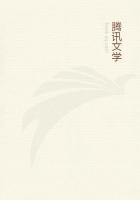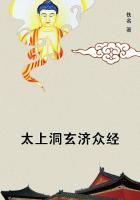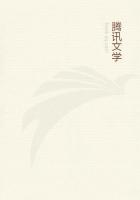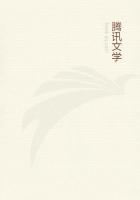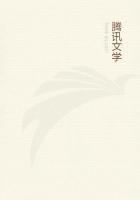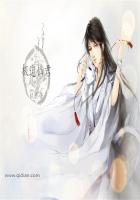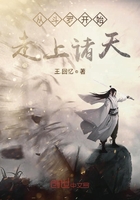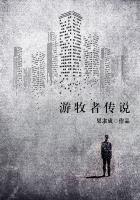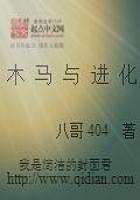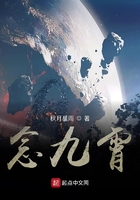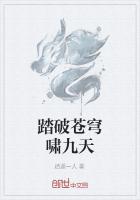And if every Vendome scholar would speak the truth, he would confess that, in later life, an Academician of the great French Academy seemed to him far less remarkable than the stupendous boy who wore the cross and the imposing red ribbon which were the insignia of our "Academy."It was very unusual to be one of that illustrious body before attaining to the second class, for the Academicians were expected to hold public meetings every Thursday during the holidays, and to read tales in verse or prose, epistles, essays, tragedies, dramas--compositions far above the intelligence of the lower classes. I long treasured the memory of a story called the "Green Ass," which was, Ithink, the masterpiece of this unknown Society. In the fourth, and an Academician! This boy of fourteen, a poet already, the protege of Madame de Stael, a coming genius, said Father Haugoult, was to be one of us! a wizard, a youth capable of writing a composition or a translation while we were being called into lessons, and of learning his lessons by reading them through but once. Louis Lambert bewildered all our ideas. And Father Haugoult's curiosity and impatience to see this new boy added fuel to our excited fancy.
"If he has pigeons, he can have no pigeon-house; there is not room for another. Well, it cannot be helped," said one boy, since famous as an agriculturist.
"Who will sit next to him?" said another.
"Oh, I wish I might be his chum!" cried an enthusiast.
In school language, the word here rendered chum--/faisant/, or in some schools, /copin/--expressed a fraternal sharing of the joys and evils of your childish existence, a community of interests that was fruitful of squabbling and ****** friends again, a treaty of alliance offensive and defensive. It is strange, but never in my time did I know brothers who were chums. If man lives by his feelings, he thinks perhaps that he will make his life the poorer if he merges an affection of his own choosing in a natural tie.
The impression made upon me by Father Haugoult's harangue that evening is one of the most vivid reminiscences of my childhood; I can compare it with nothing but my first reading of /Robinson Crusoe/. Indeed, Iowe to my recollection of these prodigious impressions an observation that may perhaps be new as to the different sense attached to words by each hearer. The word in itself has no final meaning; we affect a word more than it affects us; its value is in relation to the images we have assimilated and grouped round it; but a study of this fact would require considerable elaboration, and lead us too far from our immediate subject.
Not being able to sleep, I had a long discussion with my next neighbor in the dormitory as to the remarkable being who on the morrow was to be one of us. This neighbor, who became an officer, and is now a writer with lofty philosophical views, Barchou de Penhoen, has not been false to his pre-destination, nor to the hazard of fortune by which the only two scholars of Vendome, of whose fame Vendome ever hears, were brought together in the same classroom, on the same form, and under the same roof. Our comrade Dufaure had not, when this book was published, made his appearance in public life as a lawyer. The translator of Fichte, the expositor and friend of Ballanche, was already interested, as I myself was, in metaphysical questions; we often talked nonsense together about God, ourselves, and nature. He at that time affected pyrrhoni**. Jealous of his place as leader, he doubted Lambert's precocious gifts; while I, having lately read /Les Enfants celebres/, overwhelmed him with evidence, quoting young Montcalm, Pico della Mirandola, Pascal--in short, a score of early developed brains, anomalies that are famous in the history of the human mind, and Lambert's predecessors.
I was at the time passionately addicted to reading. My father, who was ambitious to see me in the Ecole Polytechnique, paid for me to have a special course of private lessons in mathematics. My mathematical master was the librarian of the college, and allowed me to help myself to books without much caring what I chose to take from the library, a quiet spot where I went to him during play-hours to have my lesson.
Either he was no great mathematician, or he was absorbed in some grand scheme, for he very willingly left me to read when I ought to have been learning, while he worked at I knew not what. So, by a tacit understanding between us, I made no complaints of being taught nothing, and he said nothing of the books I borrowed.
Carried away by this ill-timed mania, I neglected my studies to compose poems, which certainly can have shown no great promise, to judge by a line of too many feet which became famous among my companions--the beginning of an epic on the Incas:
"O Inca! O roi infortune et malheureux!"
In derision of such attempts, I was nicknamed the Poet, but mockery did not cure me. I was always rhyming, in spite of good advice from Monsieur Mareschal, the headmaster, who tried to cure me of an unfortunately inveterate passion by telling me the fable of a linnet that fell out of the nest because it tried to fly before its wings were grown. I persisted in my reading; I became the least emulous, the idlest, the most dreamy of all the division of "little boys," and consequently the most frequently punished.
This autobiographical digression may give some idea of the reflections I was led to make in anticipation of Lambert's arrival. I was then twelve years old. I felt sympathy from the first for the boy whose temperament had some points of likeness to my own. I was at last to have a companion in daydreams and meditations. Though I knew not yet what glory meant, I thought it glory to be the familiar friend of a child whose immortality was foreseen by Madame de Stael. To me Louis Lambert was as a giant.
The looked-for morrow came at last. A minute before breakfast we heard the steps of Monsieur Mareschal and of the new boy in the quiet courtyard. Every head was turned at once to the door of the classroom.

